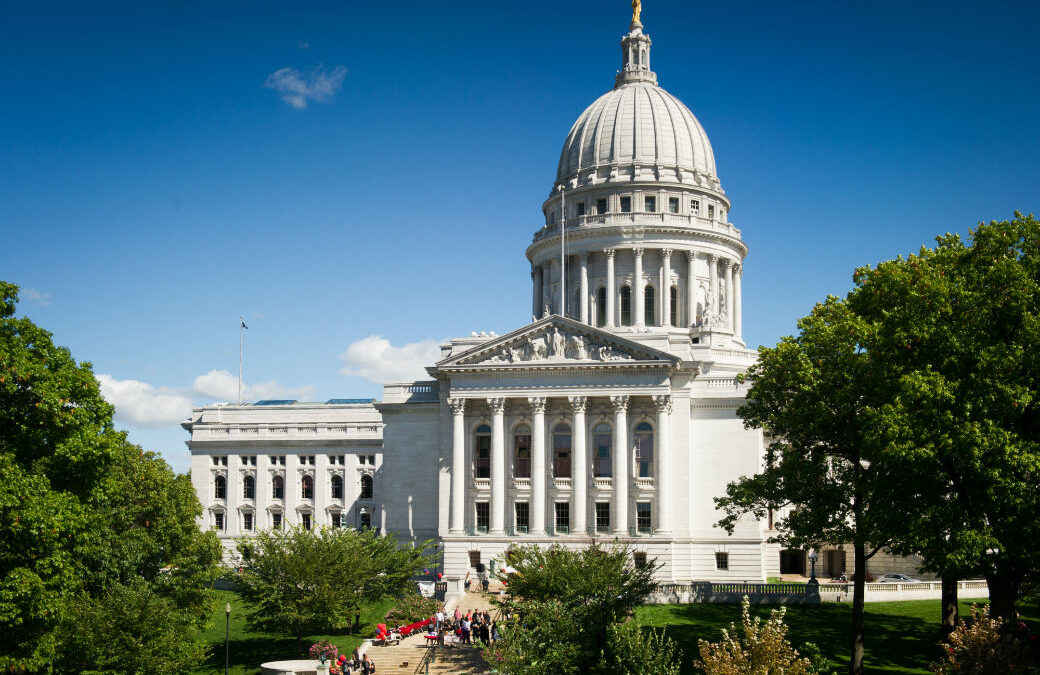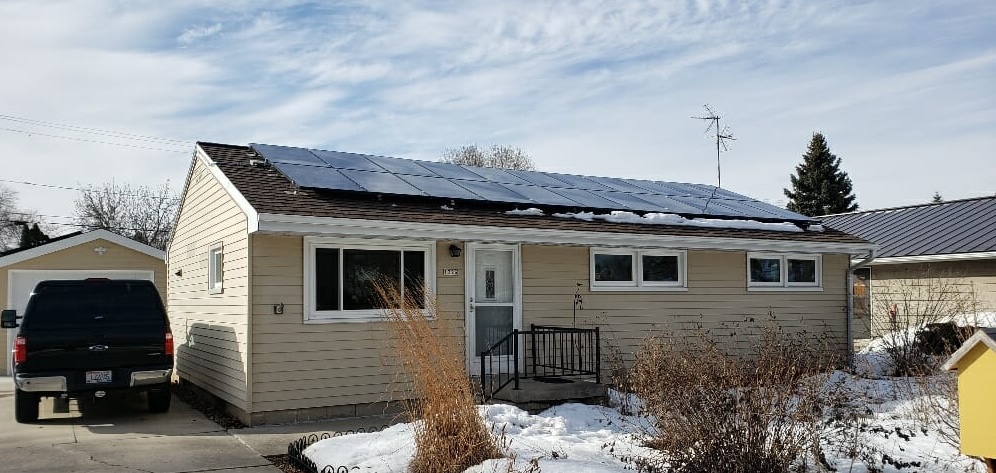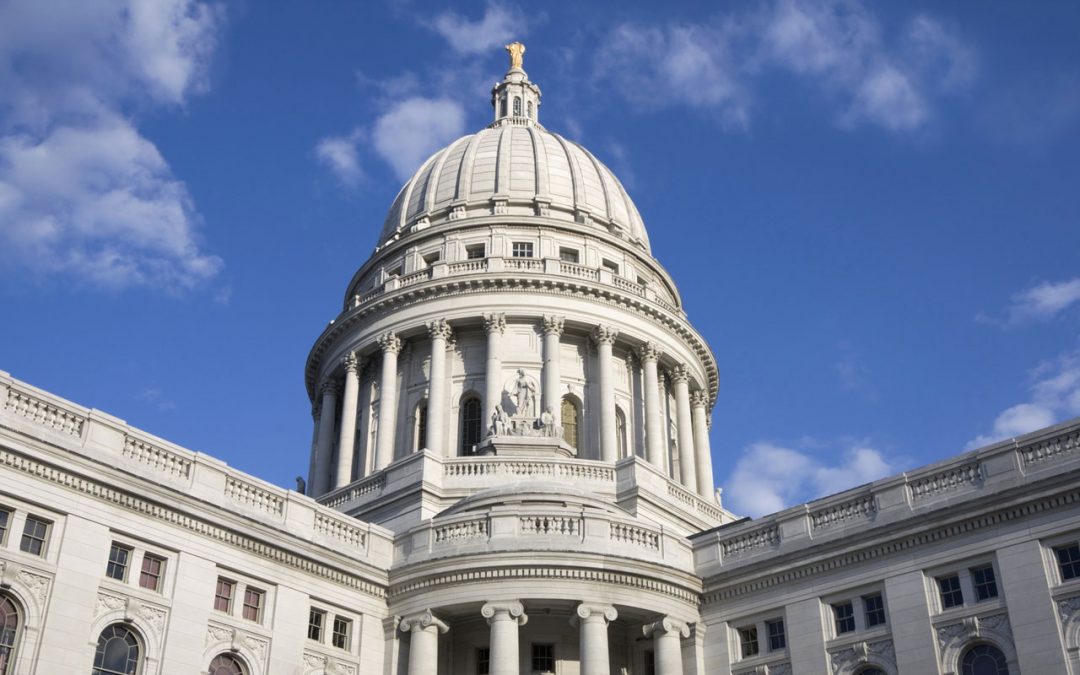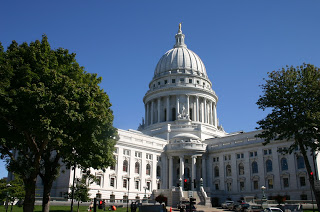
Clean Energy Legislative Update • March 2025
The 2025 legislation is starting to heat up, there are plenty of legislative issues moving through the legislature! Here are a few that we are tracking:
Technical fix to EV-charging — Senate Bill 96
This bill clarifies how the charging tax is administered. It does not apply to level 1, 2, or 3 chargers located at a residence, as the intent of the law was to apply to public chargers. The actual entity that owns or operates the charging station must register, file, and pay the charging excise tax.
RENEW supports SB 96.
Local Project Approval — Senate Bill 3 & Assembly Bill 7
This proposal drastically changes the regulatory landscape for renewable energy projects. The bill adds a requirement that any solar or wind project over 15 megawatts needs approval by the local town, village, or municipality before being considered by the Public Service Commission.
Wisconsin’s current law is considered the gold standard for siting as large projects over 100 MW require PSC approval, and smaller projects fall under local jurisdictions. The change would make it more difficult to site future development and create greater uncertainty for private developers.
RENEW is joined by at least 17 lobbying groups opposing the bills.
Right of First Refusal — Assembly Bill 25 & Senate Bill 28
Wisconsin utilities have introduced the ROFR bill again this session, which would give incumbent utilities first dibs [right] to construct, own, and maintain transmission lines in the state, and only after they decline the project [refuse], then other transmission companies could be considered.
The Midcontinent Independent System Operator or MISO oversees transmission needs in the Midwest, and the grid operator has plans for major upgrades to be made in the next decade. MISO rules require sharing of the cost of construction, maintenance, and operations across all beneficiaries of the added infrastructure. Wisconsin’s three transmission utilities – Xcel Energy, Dairyland Power Cooperative, and American Transmission Company could be considered in the bidding even without ROFR.
RENEW does not have a specific position on the bill but generally supports expanding transmission to support the growing demand for electricity.
The groups supporting the measures outnumber those opposing two to one. At least 15 republican legislators have registered in opposition during a recent hearing on the bills. Several amendments are pending.
Climate Accountability Act — LRB 2137
Several democratic legislators are working on legislation to reduce carbon emissions by requiring that Wisconsin adopt concrete and accountable climate action plans to cut greenhouse emissions by 52% by 2030 and maximize the economic benefits of climate action for all Wisconsin residents.
Resolution honoring the 55th anniversary of Earth Day
This joint resolution supports Earth Day founder, former United States Senator and Governor of Wisconsin Gaylord Nelson on the 55th anniversary of the celebration, first held on April 22, 1970.




